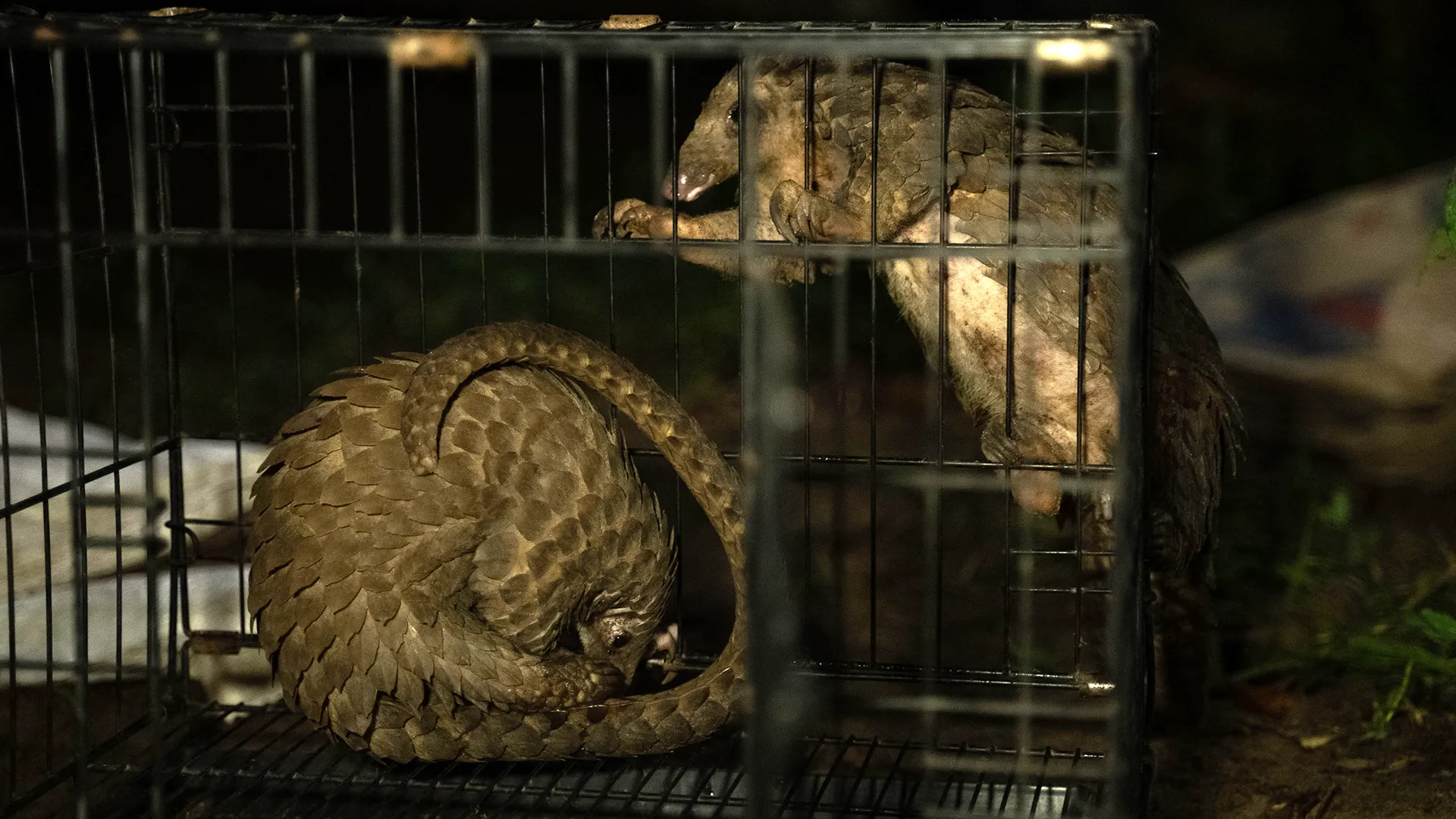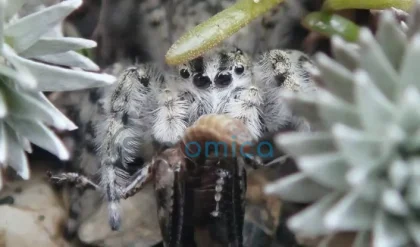
Recent research conducted by the University of Cambridge has revealed that the primary reason for hunting pangolins in African forests is for their meat, rather than for their prized scales that are often shipped to East Asia. Pangolins, known as the most trafficked wild mammals globally, are solitary creatures comparable in size to large domestic cats, with their keratin scales highly valued in traditional Chinese medicine.
All eight species of pangolins are facing extinction threats and are categorized on the IUCN’s Red List, with three species from Asia classified as critically endangered. As pangolin populations in Asia deplete, Nigeria has emerged as a central hub for the illegal trade of pangolin scales. Despite the illegality of hunting pangolins in Nigeria, the country has become the largest exporter of these scales, largely destined for the Asian market.
However, the Cambridge-led study, published in Nature Ecology & Evolution, indicates that around 98% of pangolins hunted in Nigeria are primarily captured for their meat, with an estimated two-thirds of their scales thrown away. The researchers gathered data from over 800 hunters and traders across 33 locations in Nigeria’s Cross River Forest region between 2020 and 2023 and estimate that approximately 21,000 pangolins were killed annually in this area.
The study found that most pangolins are captured opportunistically or during general hunting trips rather than targeted specifically. About 71% of pangolins are consumed by the hunters, and 27% are sold locally for food. Interestingly, while there is a significant international demand for pangolin scales, around 70% of these scales are discarded, as local markets show that pangolin meat fetches a price three to four times higher than that of the scales.
Dr. Charles Emogor, the study’s lead author, noted that the significant seizure of pangolin scales at Nigerian ports creates an impression that international demand is the main driving force behind the exploitation of these animals. However, on the ground, the reality appears different, with meat being the main incentive for hunting. Many pangolins are captured accidentally while hunters are pursuing other game, and due to their natural defense mechanism of curling into a ball when threatened, they are relatively easy prey.
Pangolin meat is considered a delicacy in many parts of Nigeria, often sought after for pregnant women as it is believed to contribute to the health of the baby. In surveys assessing the palatability of different animal meats, pangolins ranked at the top, with the giant pangolin being viewed as the most appetizing option.
Dr. Emogor highlighted the multifaceted threats facing pangolins, including their taste and slow breeding patterns, compounded by the destruction of their forest habitats. To combat this, he established Pangolino, a global network focused on conserving pangolins. He emphasizes that interventions aimed at reducing meat-driven hunting might be more feasible and cost-effective compared to those targeting the international scale market.
The study’s implications underscore the need for informed conservation strategies, particularly in understanding local motivations for hunting. While the findings were centered on Nigeria, they may reflect broader patterns observed in other African nations such as Cameroon and Gabon.
Dr. Emogor, who was raised near the Cross River National Park, stressed the evolutionary significance of pangolins, warning that losing this unique species would mean losing a piece of history that has survived since the time of the dinosaurs. The research involved an international collaboration that included various academic and conservation institutions, highlighting the global commitment to pangolin preservation.
Reference:
- Charles A. Emogor, Samuel K. Wasser, Lauren Coad, Ben Balmford, Daniel J. Ingram, Amayaa Wijesinghe, Benedict A. Atsu, Frederick Bassey, Dominic S. Ogu, Ngozi Okafor, Andrew Balmford. Pangolin hunting in southeast Nigeria is motivated more by local meat consumption than international demand for scales. Nature Ecology & Evolution, 2025; DOI: 10.1038/s41559-025-02734-3






